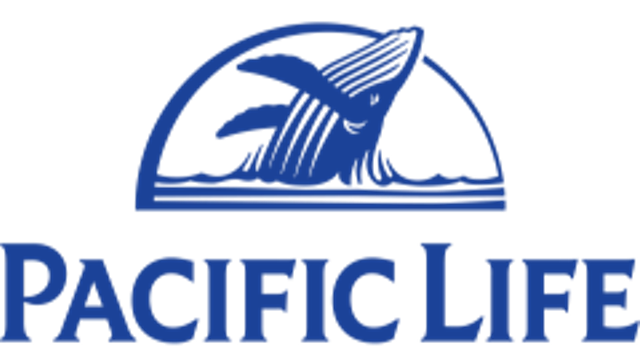
Life insurance can serve many purposes in an estate plan, providing liquidity, wealth replacement, and tax optimization. With its income-tax-free death benefit, life insurance is a highly efficient way to transfer wealth.
Life insurance is a financial contract between an individual, trust, or an entity and an insurance company. In exchange for premium payments, the insurance company provides an income-tax-free death benefit to designated beneficiaries upon the death of the insured person. The purpose of life insurance is to provide financial protection for individuals and businesses.
For families of significant wealth, life insurance can be particularly useful in three important categories.

Life insurance can provide a tax-advantaged way to pass on assets to the next generation, helping to cover estate taxes, which can claim 40% or more of the overall value of your ultra-high net worth clients’ estates. This significant tax liability can force heirs to liquidate assets just to pay the tax bill. However, the income-tax-free death benefit from a life insurance policy can cover this liability, ensuring that heirs receive the intended inheritance without having to sell off assets. Special trusts, such as Irrevocable Life Insurance Trusts (ILITs), can be used to keep the death benefit out of the taxable estate, providing tax efficiency.

Family businesses often struggle to survive beyond the second or third generation due to conflicts among family members over their perceived share of the business. A life insurance policy can help keep the family business intact through partnership insurance, also known as buy-sell agreements. This arrangement allows the surviving business partners to buy out the spouses and other beneficiaries of a deceased partner, thereby preventing disputes and ensuring the continuity of the business.

Affluent individuals with philanthropic intentions can use life insurance to replace wealth designated for charity, allowing other assets to pass income-tax-free to heirs. This ensures that charitable contributions continue even if the donor passes away prematurely. Life insurance can serve as a method for donors to fulfill their intended charitable donations, supporting their preferred charitable organizations while simultaneously providing for their heirs.
In summary, life insurance is a versatile tool in estate planning, offering solutions for covering estate taxes, maintaining family business continuity, and supporting charitable causes, all while providing significant tax advantages.
Provides coverage for a specific period, such as 10, 20, or 30 years. Once the term expires, the policy ends unless it is renewed.
This policy has the ability for the life insurance to last to life expectancy and beyond. In addition, it has valuable savings or investment components, such as cash value or dividends.
There are three types of permanent life insurance

Access to Over 75 insurance carriers













































CPS Private Client Solutions (CPS | PCS) is a pioneer in the realm of insurance planning. With a seasoned team of industry veterans, we've honed our craft to provide comprehensive risk management strategies supported by insurance.